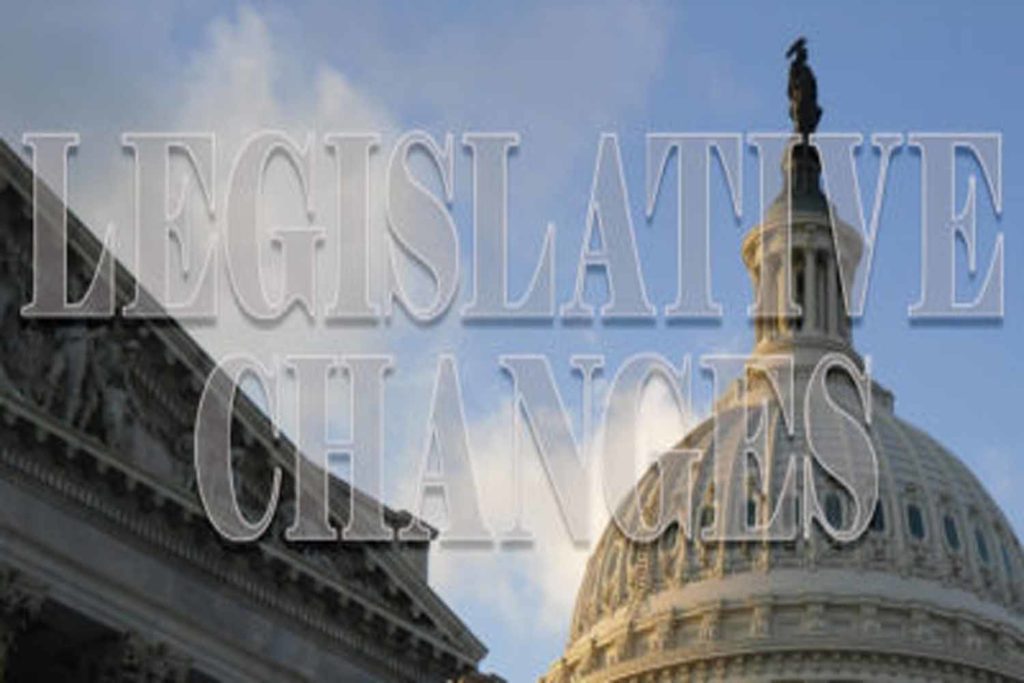On March 23, 2018, Governor Rick Scott signed into law the 2018 legislative changes to the Florida Condominium Act. These changes become law on July 1, 2018. This blog post provides a detailed summary of these statutory amendments affecting Florida’s condominium associations:
Official Records:
- For several official records, the seven (7) year retention requirement has been removed, meaning the following documents must be maintained in the association’s official records in perpetuity:
- The plans, permits, warranties and other items provided by the developer pursuant to Fla. Stat. § 718.301(4);
- Recorded copies of the declaration of condominium, bylaws, articles of incorporation and all amendments thereto;
- The association’s rules and regulations;
- The minutes of all the association’s meetings, including both member meetings and board meetings;
- Accounting records.
All other official records are still maintained for only seven (7) years.
- Condominium associations must provide access to the official records, pursuant to an official records request, within ten (10) business days. (The previous law said the records must be provided within five (5) business days but penalties did not apply until the eleventh (11) business day.).
- The deadline for associations with 150 or more units to comply with posting its official records on its website has been extended from July 1, 2018 to January 1, 2019.
- The law clarifies that copies of association bids for materials, equipment and services must be maintained in the official records and posted to the association’s website only if the cost for such items exceed $500.
- Electronic records related to electronic voting are part of the official records and must be maintained for one (1) year.
Financial Reporting:
- The new law clarifies that an association is prohibited from waiving financial reporting requirements for the current fiscal year and the following fiscal year if the DBPR receives a request by an owner for a copy of the association’s financial reporting statements and the DBPR subsequently determines that the association failed to comply adequately to the DBPR and unit owner.
Meeting Notices:
- There must be specific disclosure in the notice of any meeting where there will be consideration of regular or special assessments. The notice must provide a description of the purpose of the assessment and estimated cost;
- Associations can now post notices of meetings on the association website. The association can email the website link for the notice to the members who have consented to receiving meeting notices via email. Associations must still physically post meeting notices on the association property;
- Unit owners who have consented to receive notices via email have the duty to remove spam filters on association emails. In other words, if a unit owner does not receive the association notice because of a spam filter, it is the unit owner’s fault.
- Board members can communicate via email but not vote via email.
Term Limits:
- The statute now states as follows: “Board members may serve terms longer than 1 year if permitted by the bylaws or articles of incorporation. A board member may not serve more than 8 consecutive years, unless approved by an affirmative vote of unit owners representing two-thirds of all votes cast in the election or unless there are not enough eligible candidates to fill the vacancies on the board at the time of the vacancy.” It appears that the DBPR will interpret this eight (8) year limit to commence from when the statute was enacted (2018).
Recalls:
- A recalled director who successfully challenges a recall is now able to recover attorney’s fees and costs from the entity whose recall attempt failed (which may be individual unit owners and the association). The arbitrator may also award attorney’s fees to entities seeking the recall if the arbitrator finds the recalled board members’ challenge to be frivolous.
Material Alterations:
- The new law specifies that any required votes to approve material alterations or substantial additions to the condominium property must be taken before the material alterations and substantial additions are commenced.
Electronic Vehicles:
- Owners now have the ability under the Condominium Act to install electronic vehicle charging stations “within the boundaries of his or her limited common area parking area.” All costs of the installation, maintenance, operating costs, including hazard and liability insurance, are borne by the owner who installs the device;
- The costs of labor and materials provided in the installation of an electronic vehicle charging station that are unpaid may not become a lien against the association, but rather, such a lien may be filed against the unit owner who installed the devicee.
Fines:
- The fining committee must be made of at least three (3) members who are appointed by the board. The fining committee members may not be officers, directors, or employees of the association, or be a spouse, parent, child, brother or sister of an officer, director or employee of the association;
- The association may only impose a fine or suspension if the fining committee approves the fine or suspension by majority vote;
- The association must provide written notice of any fine or suspension, by mail or hand delivery, to the unit owners (and tenant if applicable);
- Any fine approved by the committee is due within five (5) days after the date of the committee meeting.
Bulk Buyer and Assignees:
- The expiration of the bulk buyer and assignee statutes (Part VII of Ch. 718) has been removed, presumably making this law permanent.

